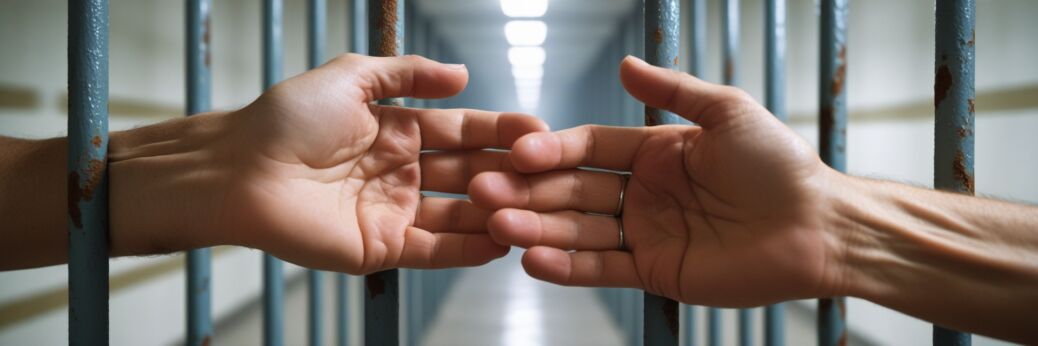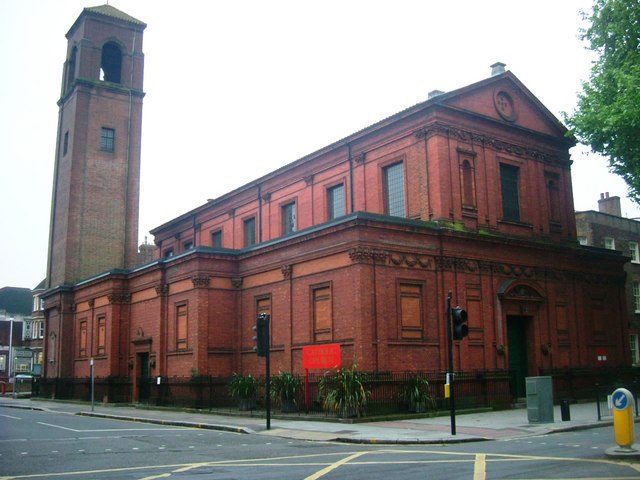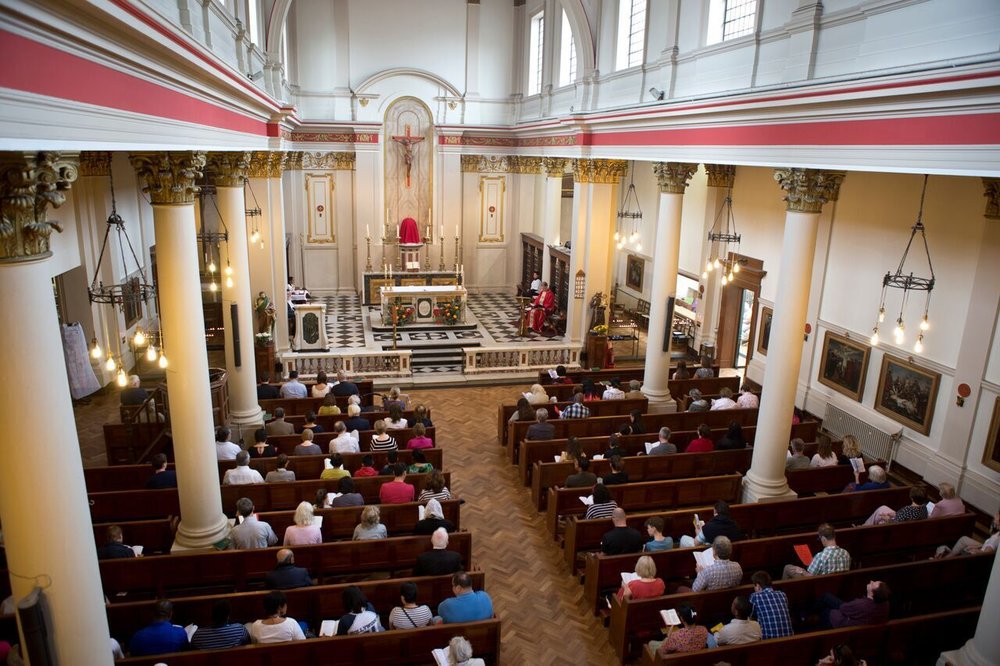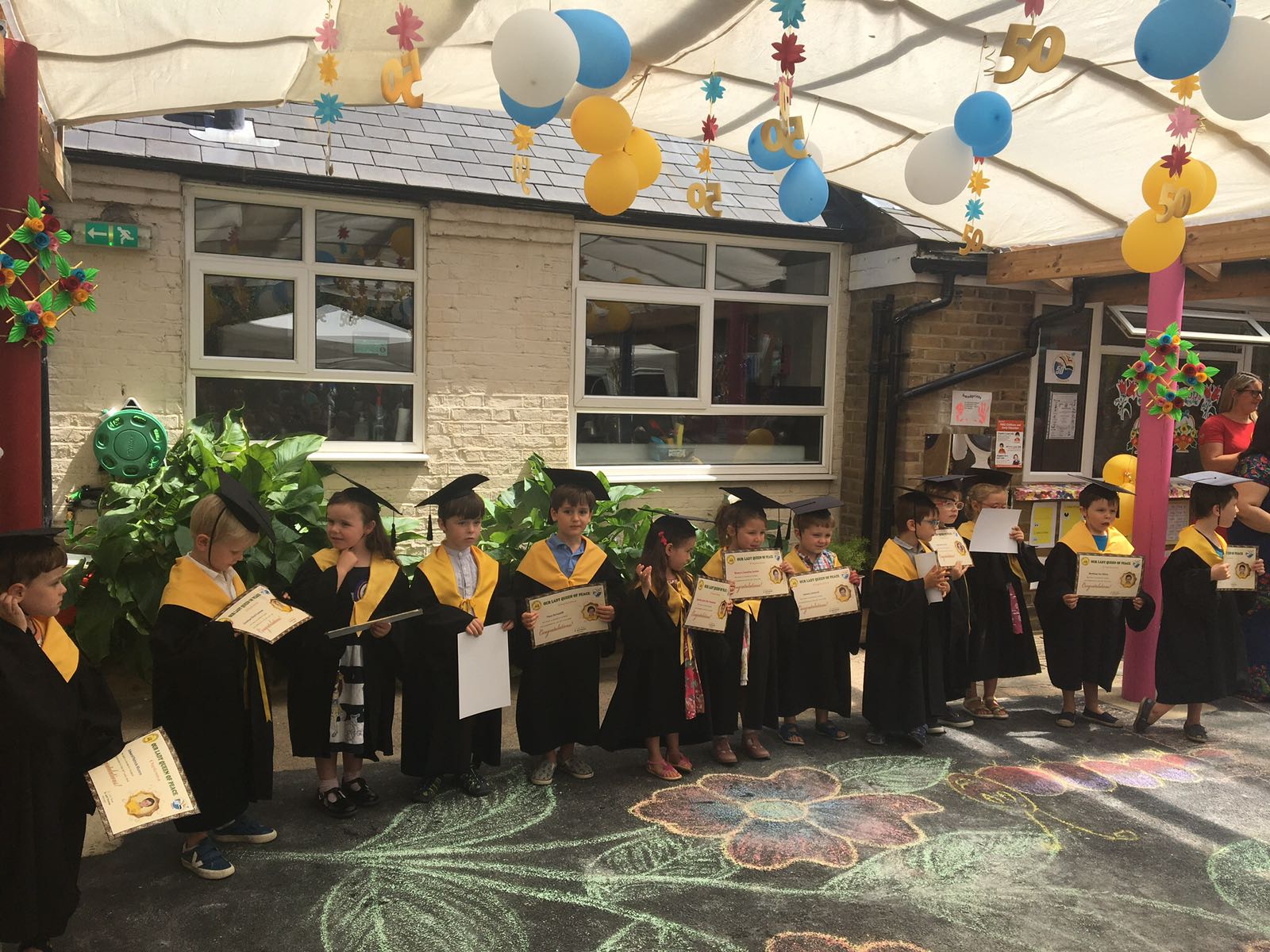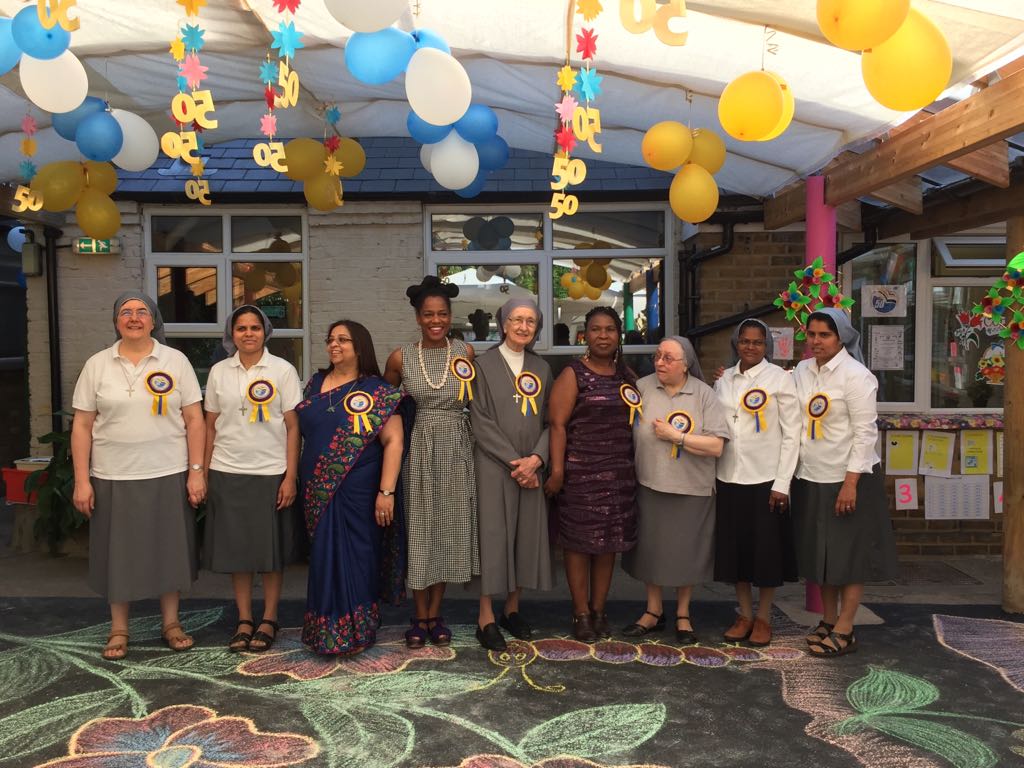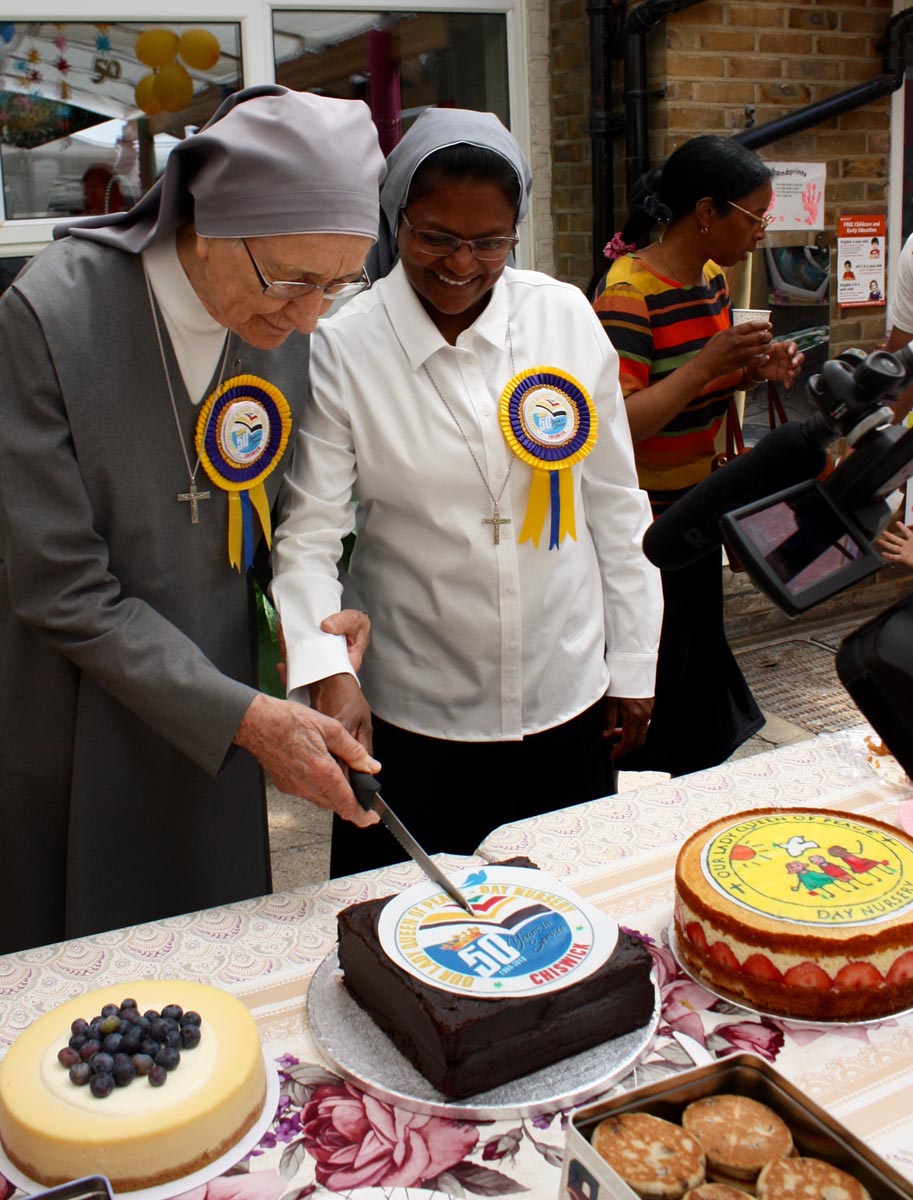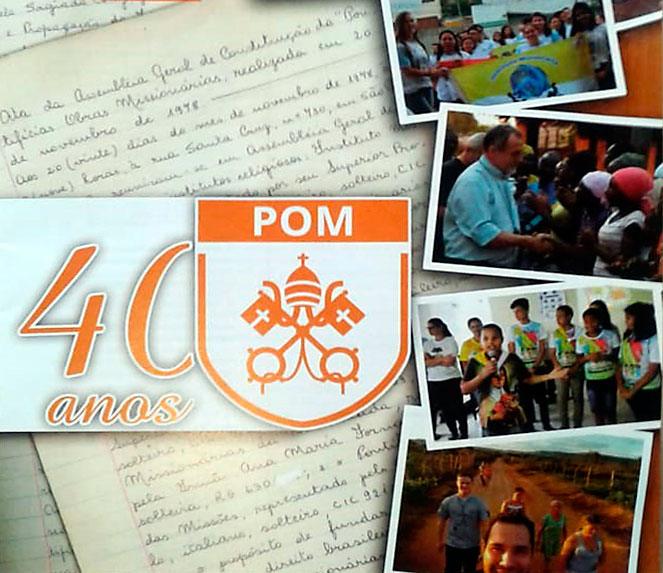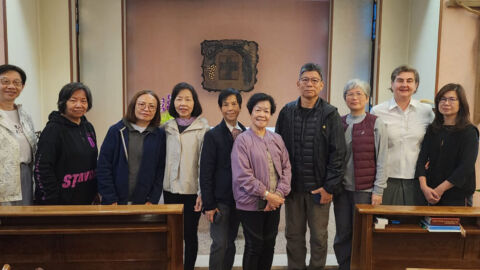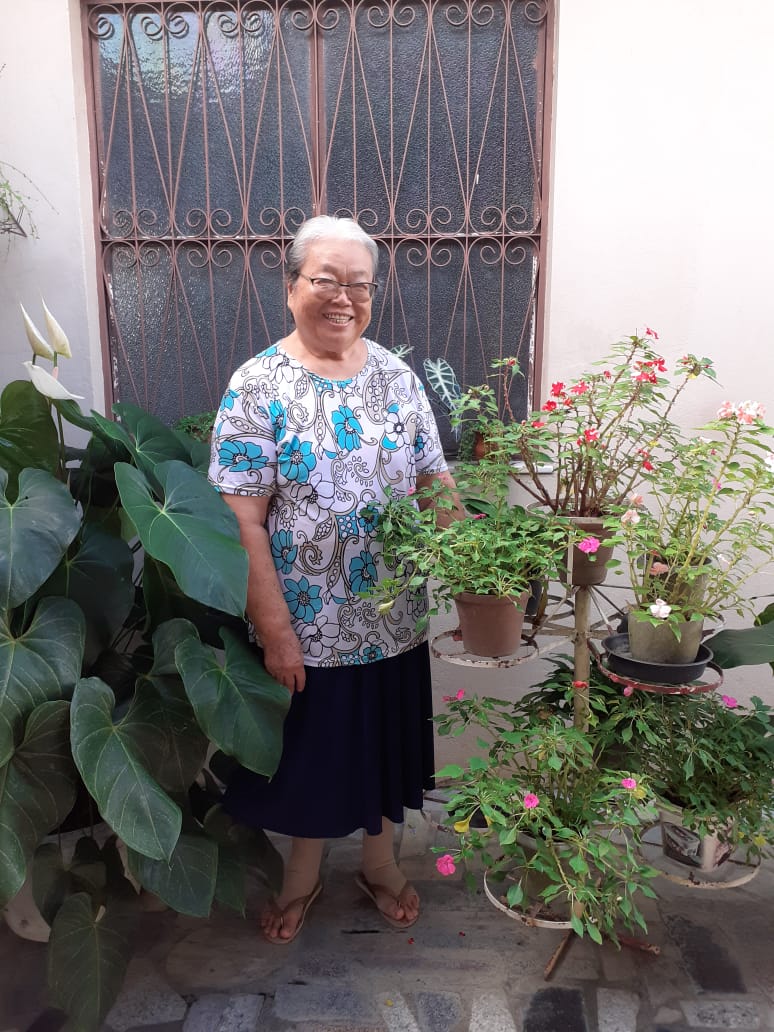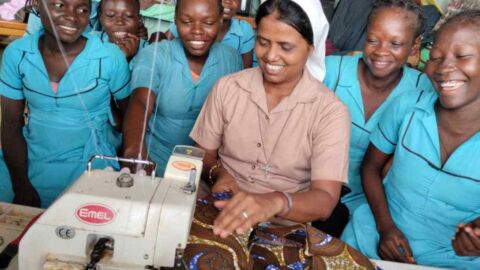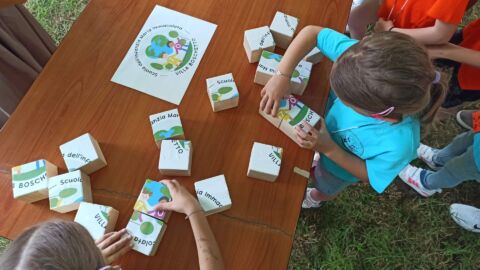Hope can enter prison when the barrier at the entrance is raised to let the car in, when the guard greets me by name, when I stop in Hayat’s office, the police officer who welcomes me before the visits to check what I have with me, when the iron doors open one after the other.
Hope is authorized to enter by a precious sheet of paper that I carry with me, the authorization to visit Christian prisoners, in eight prisons in the diocese of Oran.
I have three other sheets that speak of hope and describe the prison ministry in Algeria. They are three lists.
The first is a long list of names of prisons, throughout the country, from Algiers, Bejaia, Mostaganem, Oran in the north on the sea, to Boussada, Bechar, Ain Sefra in the south, in the desert. We can have access to them.
The second is the list, also quite long, of missionaries, consecrated men and women, and some lay people who have authorization to visit prisoners. In Algeria, members of the Church can obtain this authorization from the Ministry of the Interior, which only concerns Christian prisoners and therefore predictably foreigners.
The third is the list of prisoners I visit, the vast majority of whom are young people from sub-Saharan Africa: Mali, Sudan, Senegal, Guinea Conakry, Sierra Leone, Nigeria, Cameroon… Francophones, English speakers, some Arabic-speaking Sudanese. Their situation: they were probably arrested for drug trafficking, or for false documents, or money laundering, or maybe something else, but I never ask why they are there. Sometimes they simply found themselves in the wrong place at the wrong time. They don’t receive any visits, obviously, they are alone, being in a migration situation. Their families are thousands of kilometers away.
Depending on the prison, we can or cannot bring anything in, some books or notebooks, some toothpaste, or bananas, sugar cubes, biscuits without cream, or nothing at all (it depends a lot on the prison director). We can make small deposits of money by mail, with which they can buy something at the prison warehouse.
But that is not the most important thing. The most beautiful service we can provide is to find out and then maintain contact with the families. Some who were convinced that their relative had died, before hearing from us, perhaps even after a few years.
Before the visits, we get in touch via WhatsApp or Messenger with parents, brothers, sisters, wives or girlfriends, some friends… We ask if there is any news, if they want to write messages or send us photos that we then print and we can deliver or send by mail, always depending on the prison rules. We intercept experiences of forgiveness with fathers and brothers, of fidelity with wives or girlfriends.
This is how hope enters: with the words of family members, photos of life and life before, news from the world. They always ask what is happening, especially in their troubled countries. Hope enters with our interest in them, one by one.
Even the moment of prayer that we do together, a commentary on the Gospel, a brief sharing, is a door of hope, it consoles, and it strengthens. We do not ask those who show up to the meeting their religion and the group ends up being interreligious.
Hope can be seen from their coming together, because they live in different blocks and our visit is an opportunity to meet, to talk to each other, to have noisy joy and sometimes fights.
However, hope also comes out of prison with us who receive it from them. Their incredible patience is striking, their outlook on life, their joy and their gratitude for small things. A young man from Mali told us my Algerian prison mates say that it is incredible what you do, that you come to visit us, and they are happy for me.
We can spread this hope in both directions. Broaden it. Writing letters, here is a nice apostolic activity that we suggest: volunteering would be a nice to propose to Italian students, to young people who know French or English, to write to young prisoners who are alone but still believe in friendship and solidarity. If someone is up for it, we are here to guide and act as an intermediary.
Prison pastoral team in Algeria

